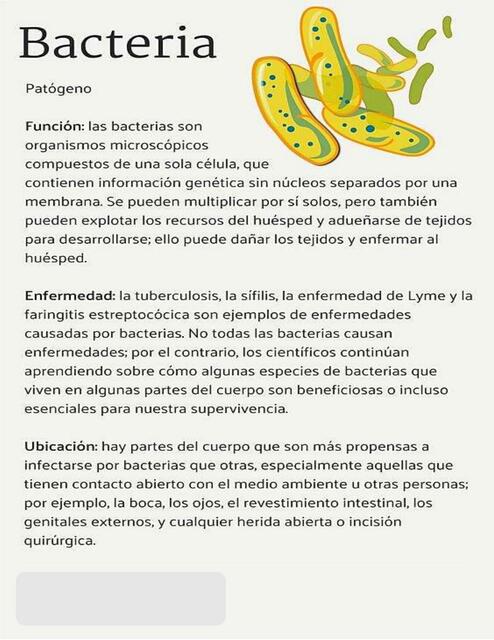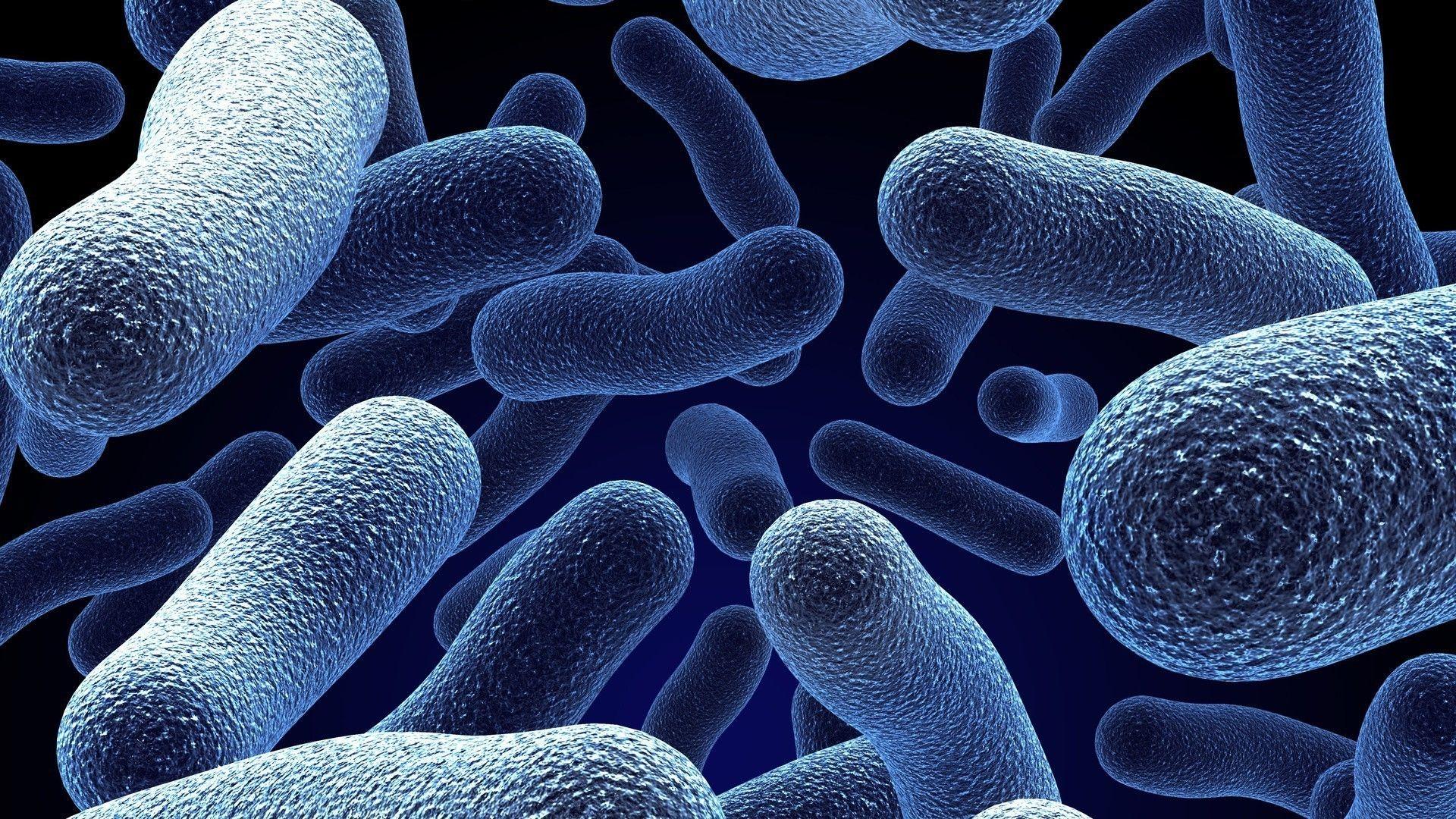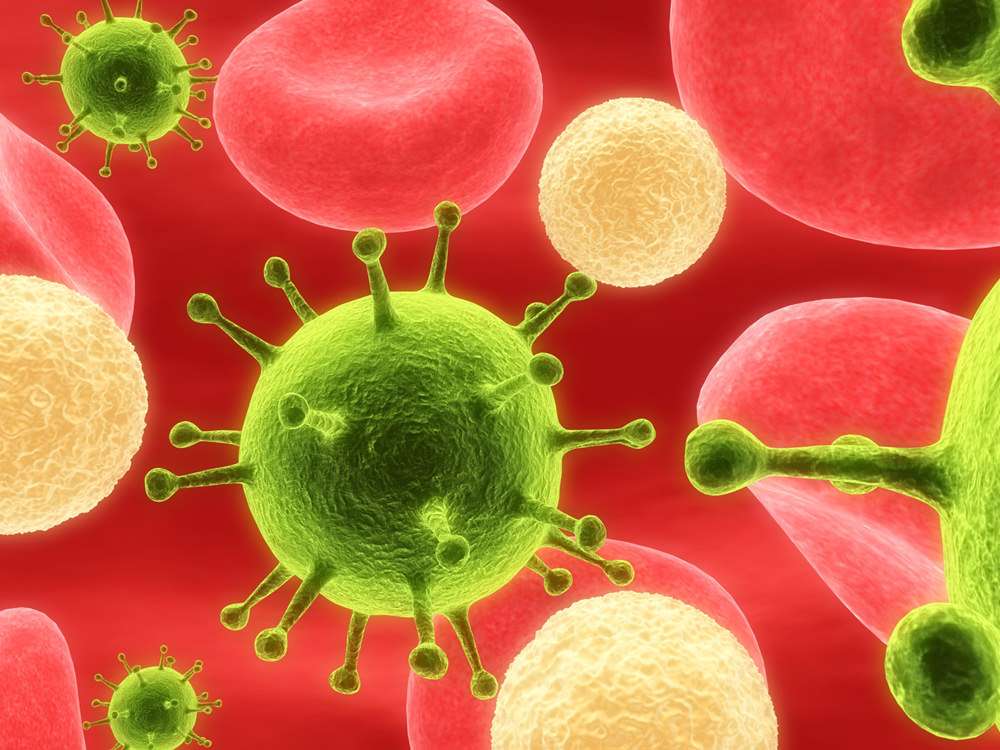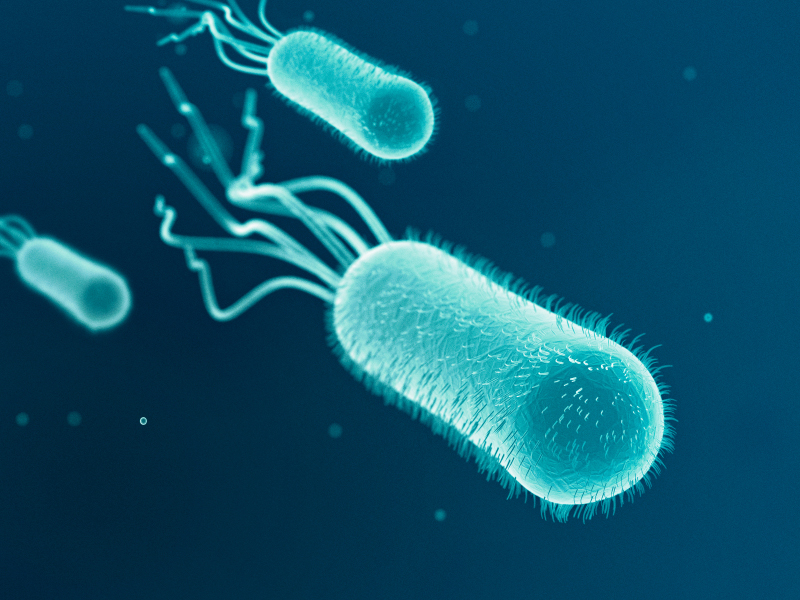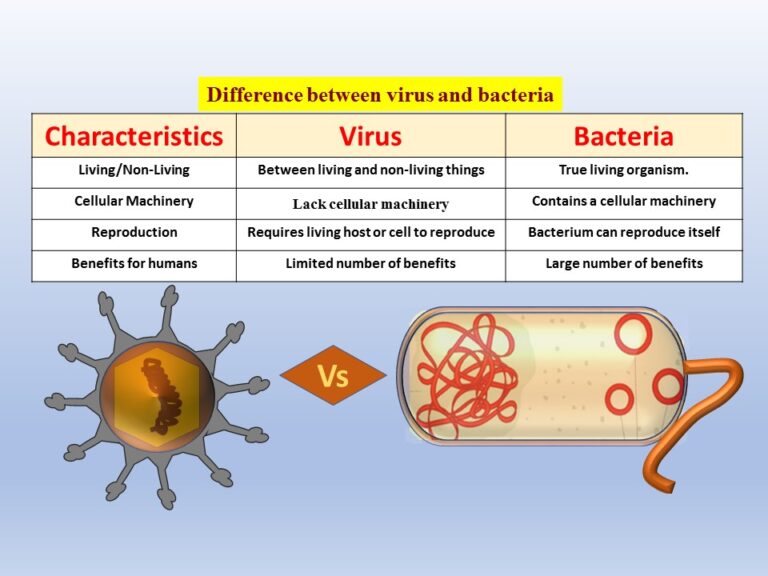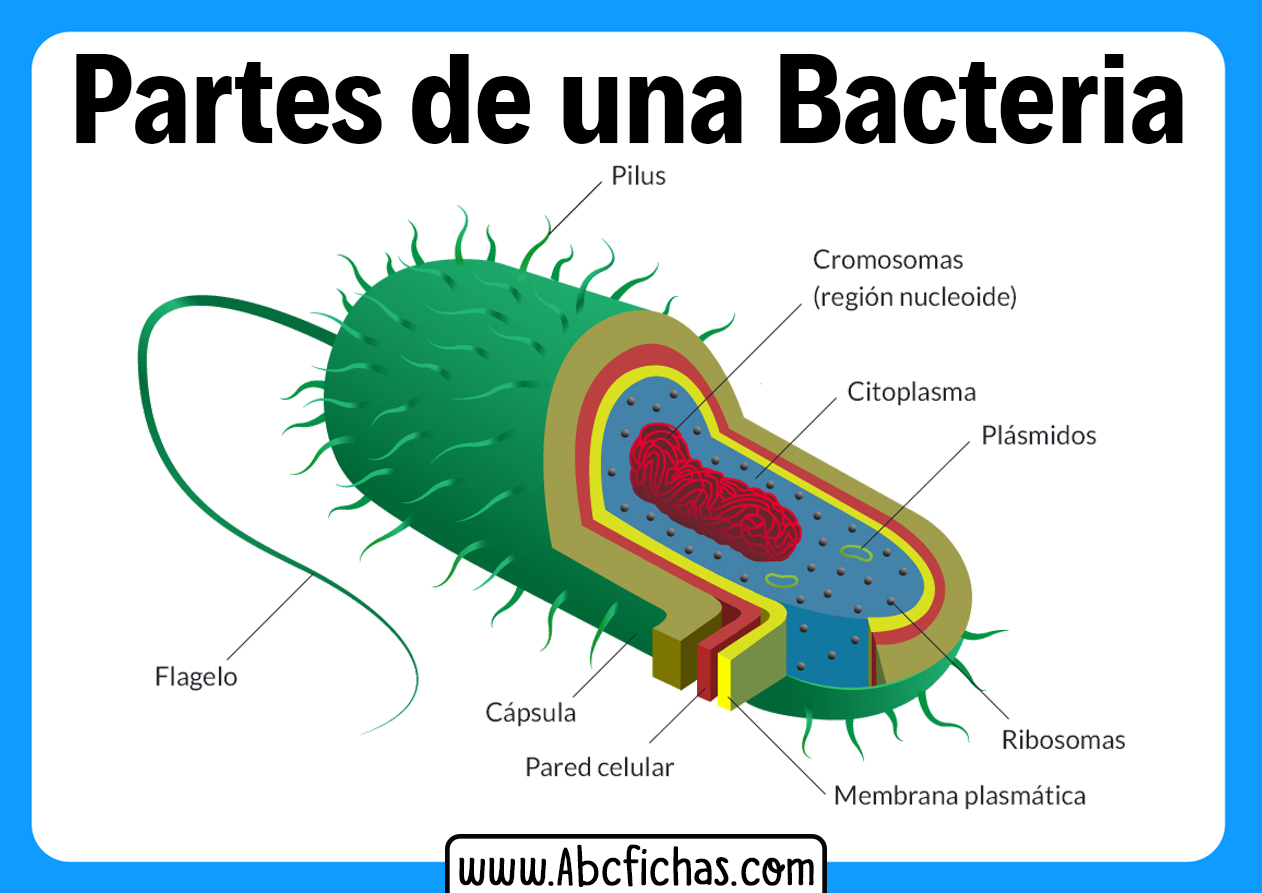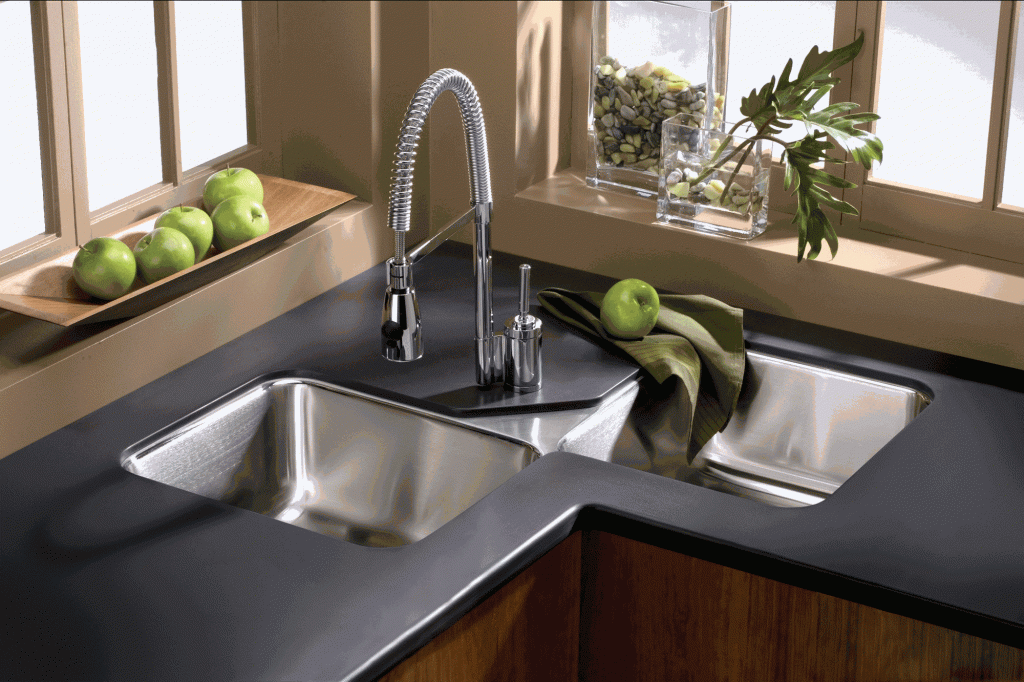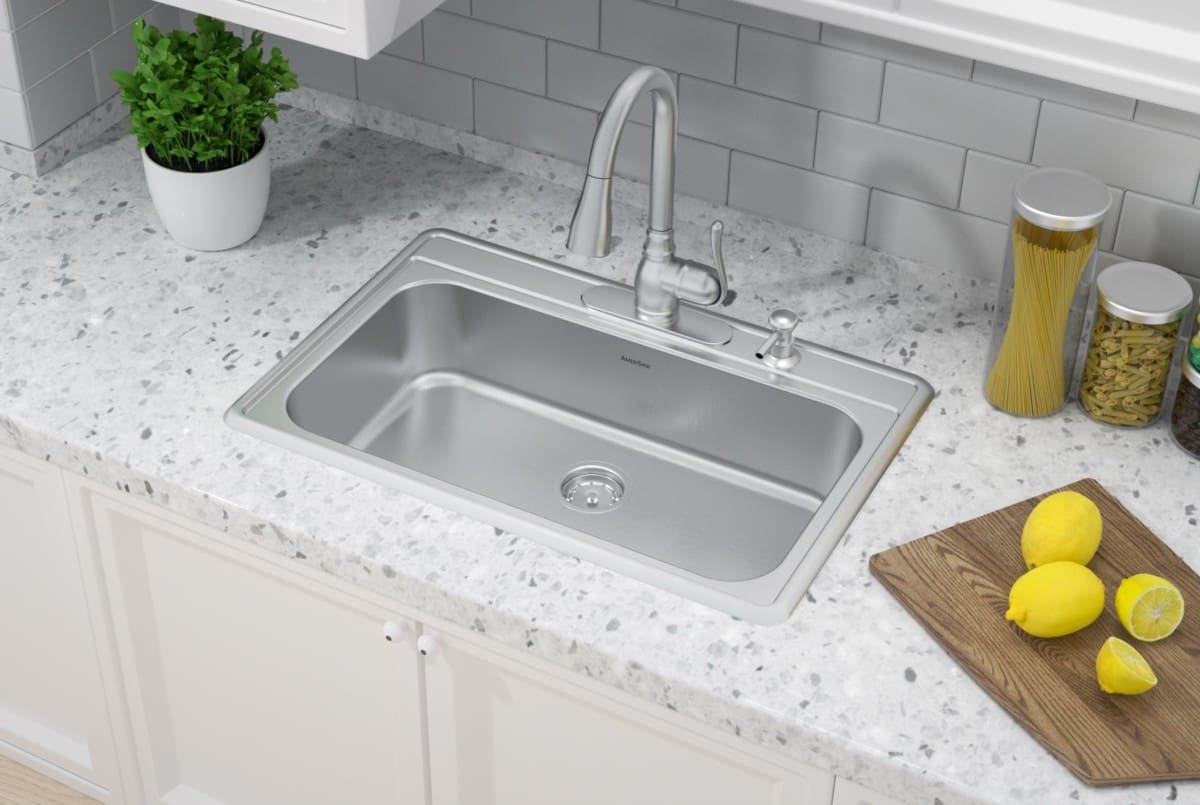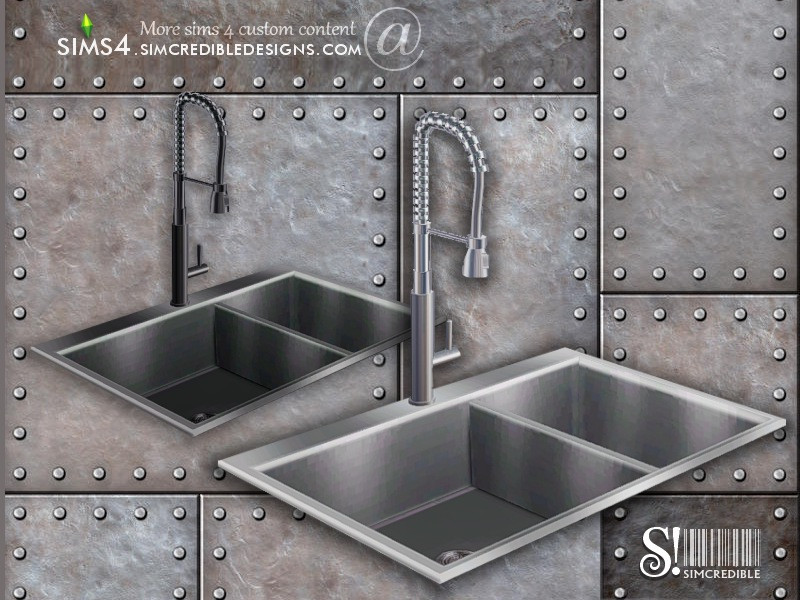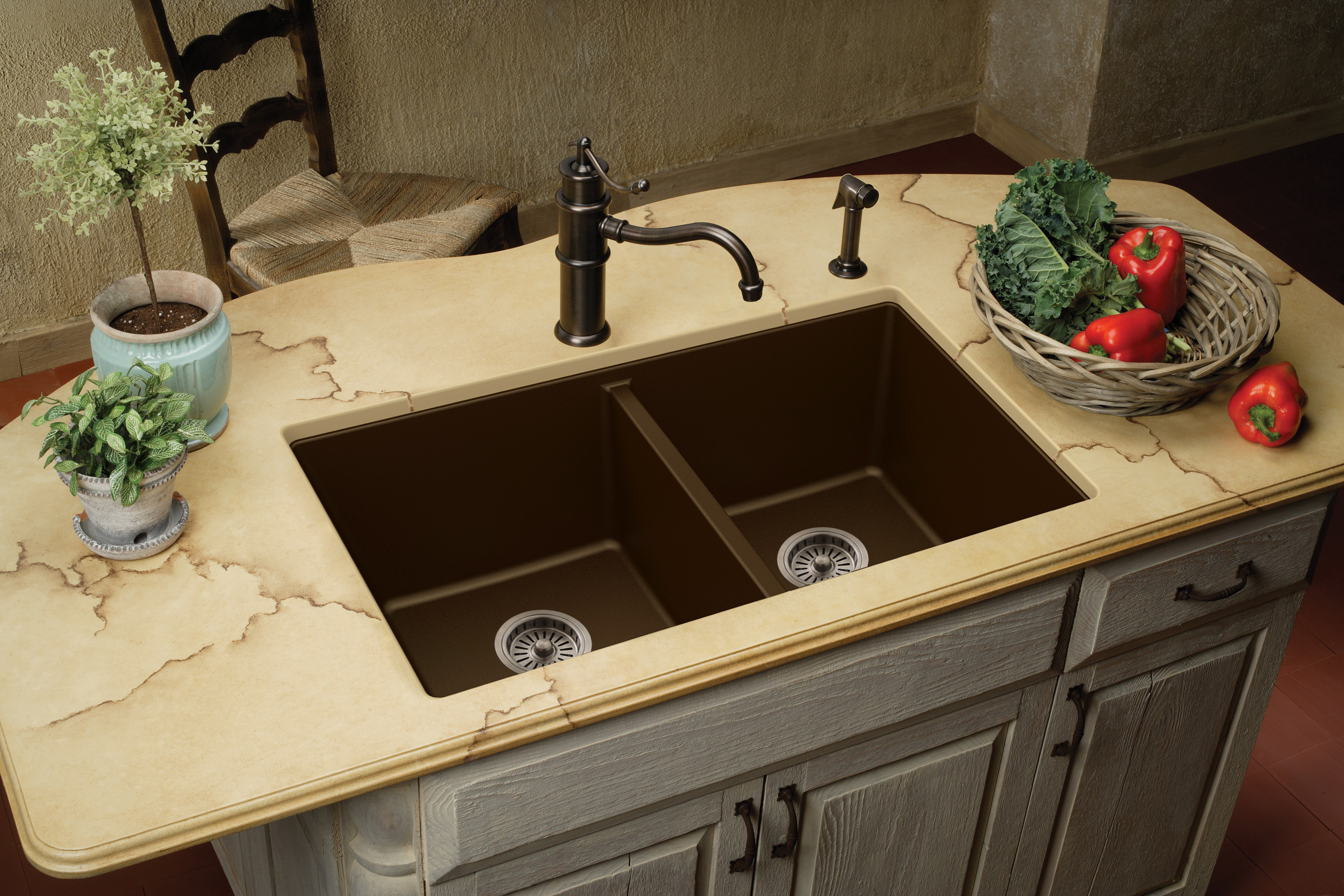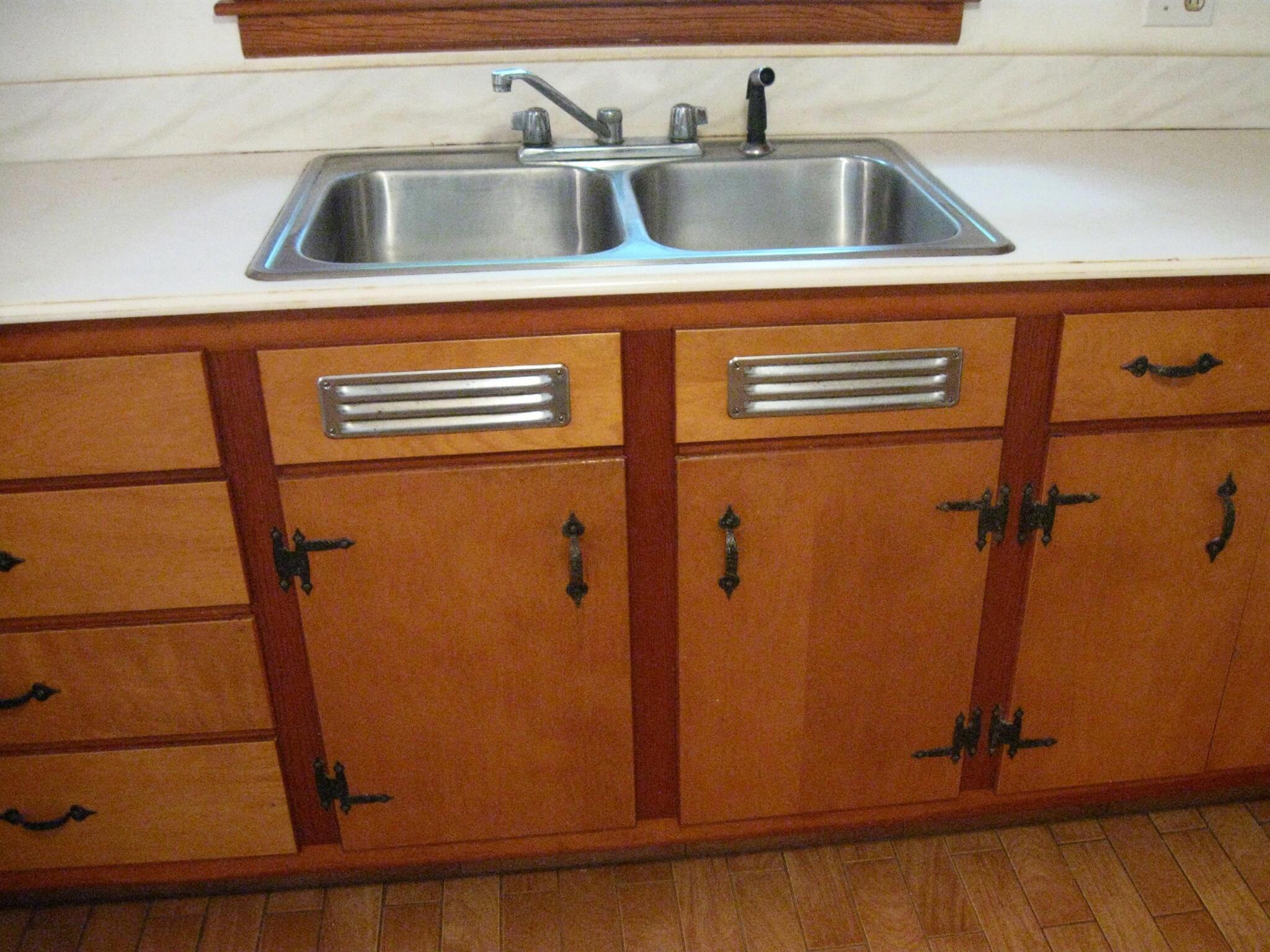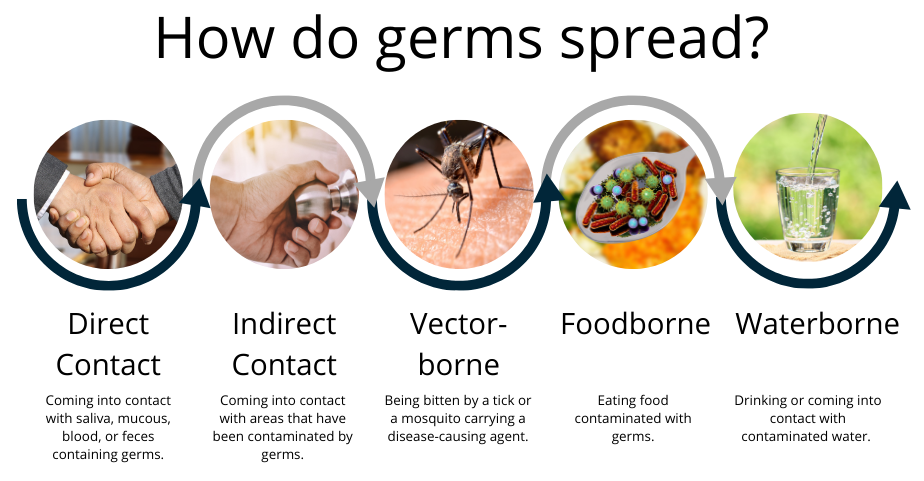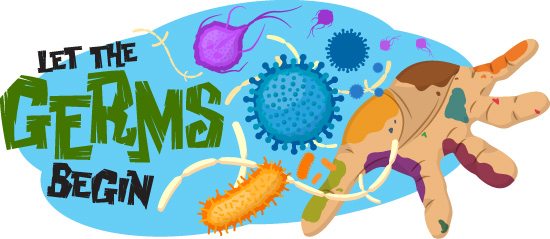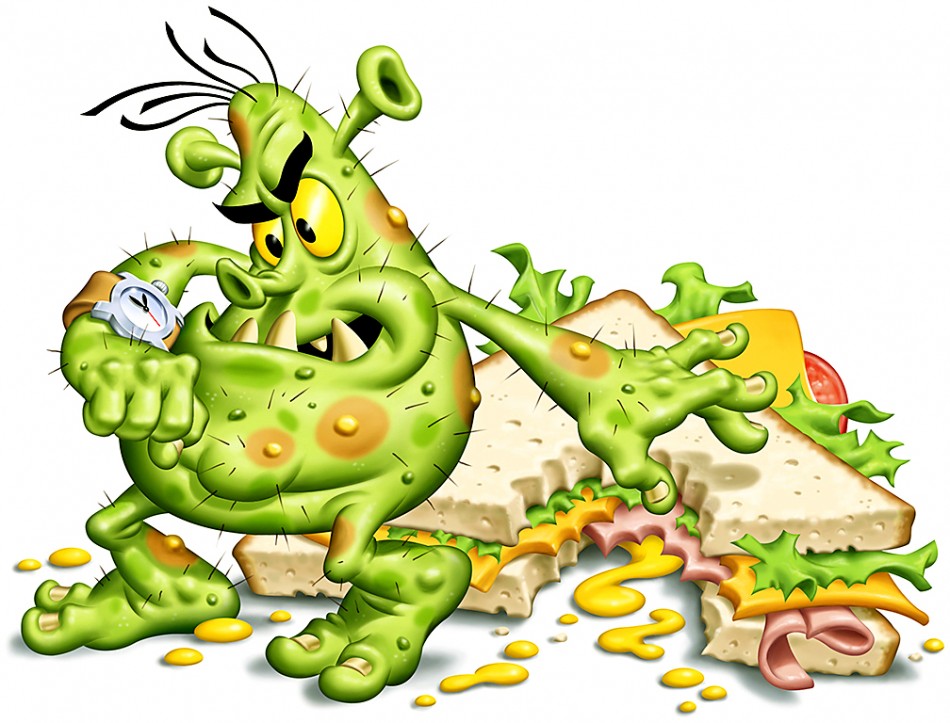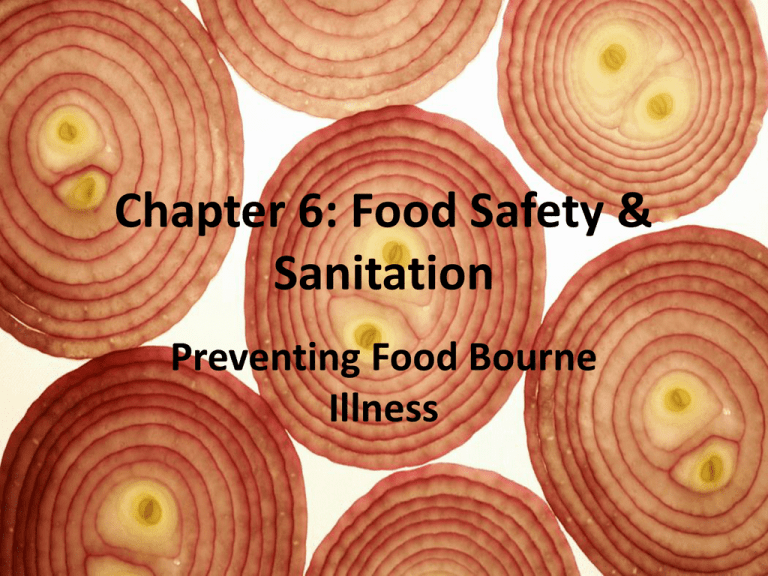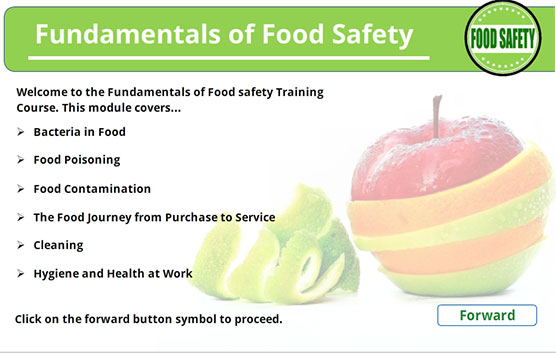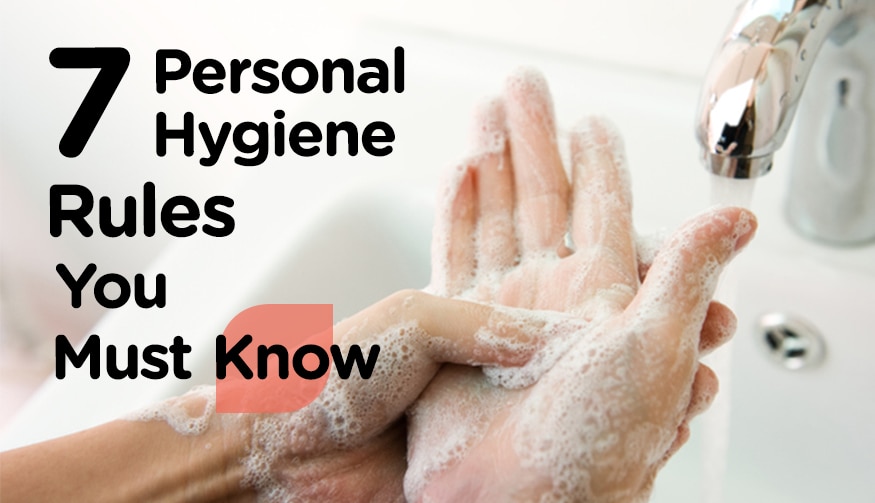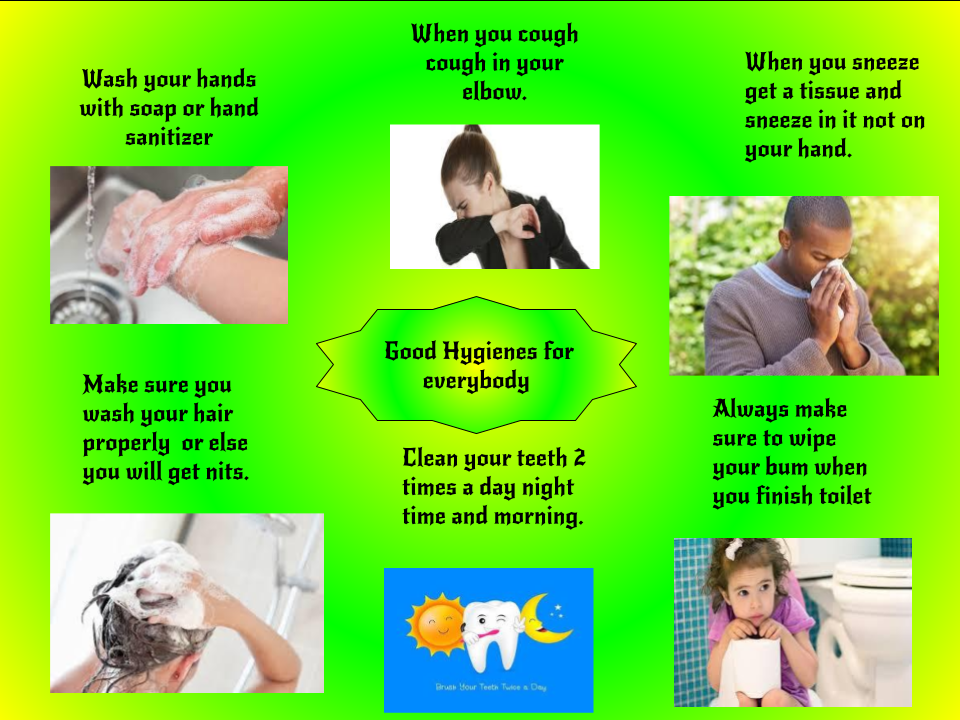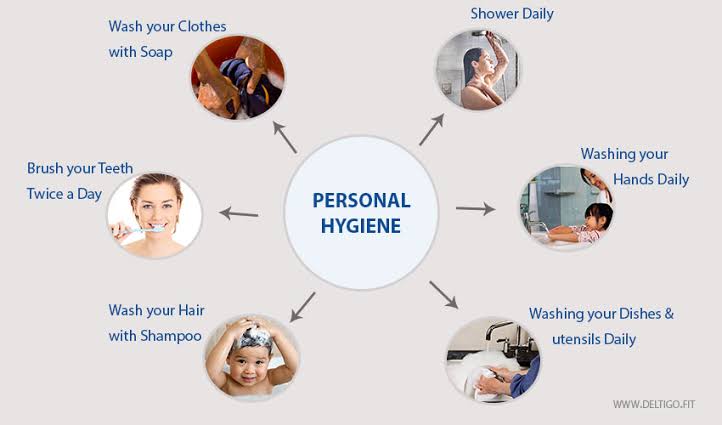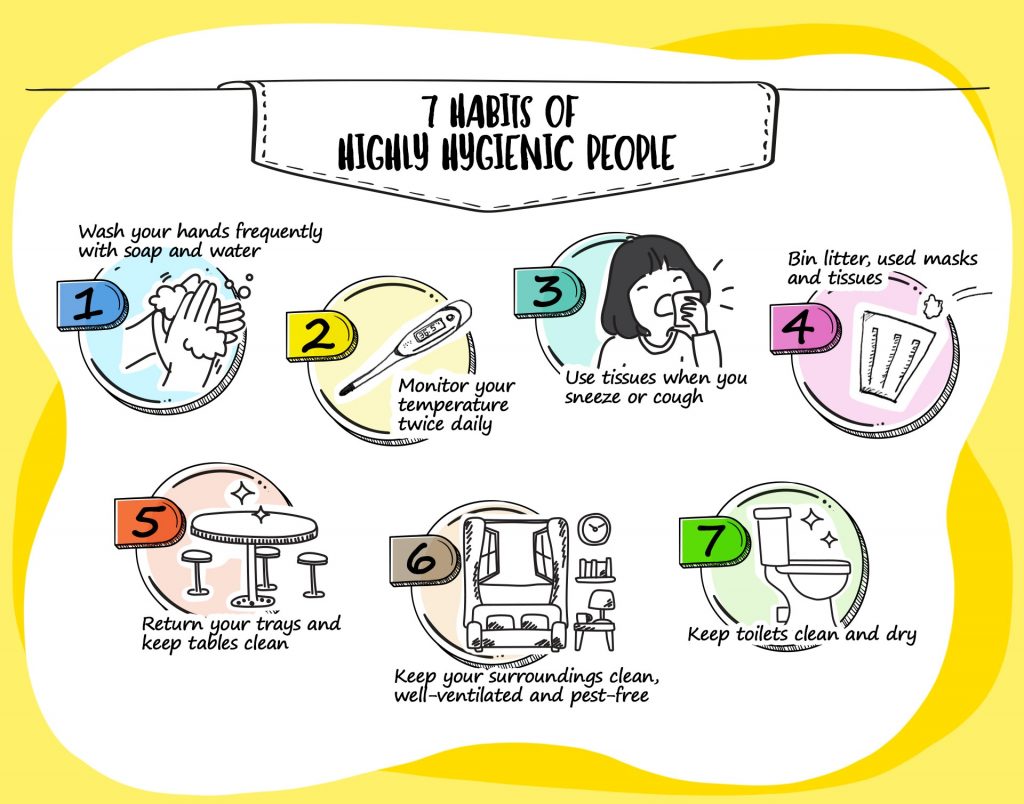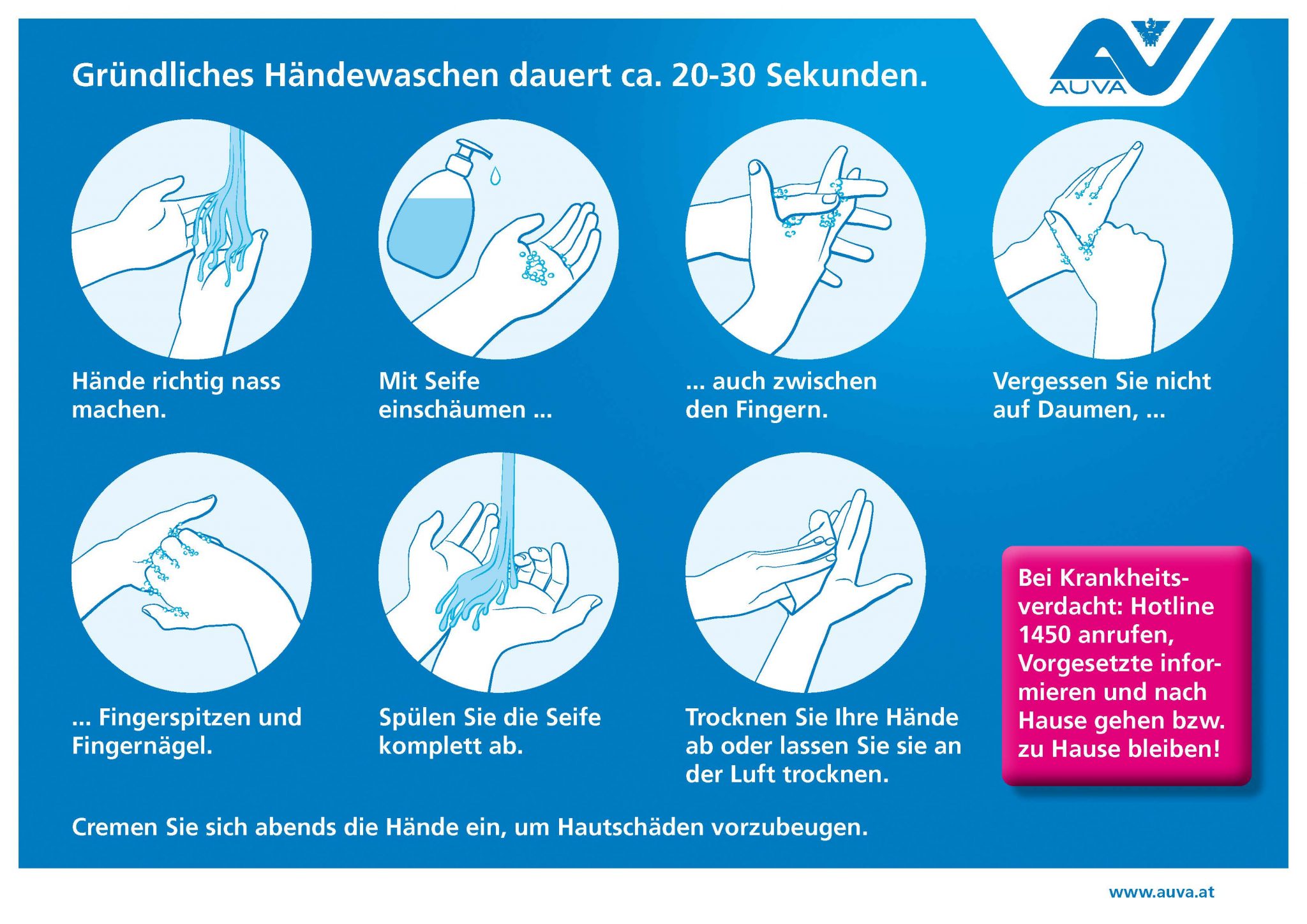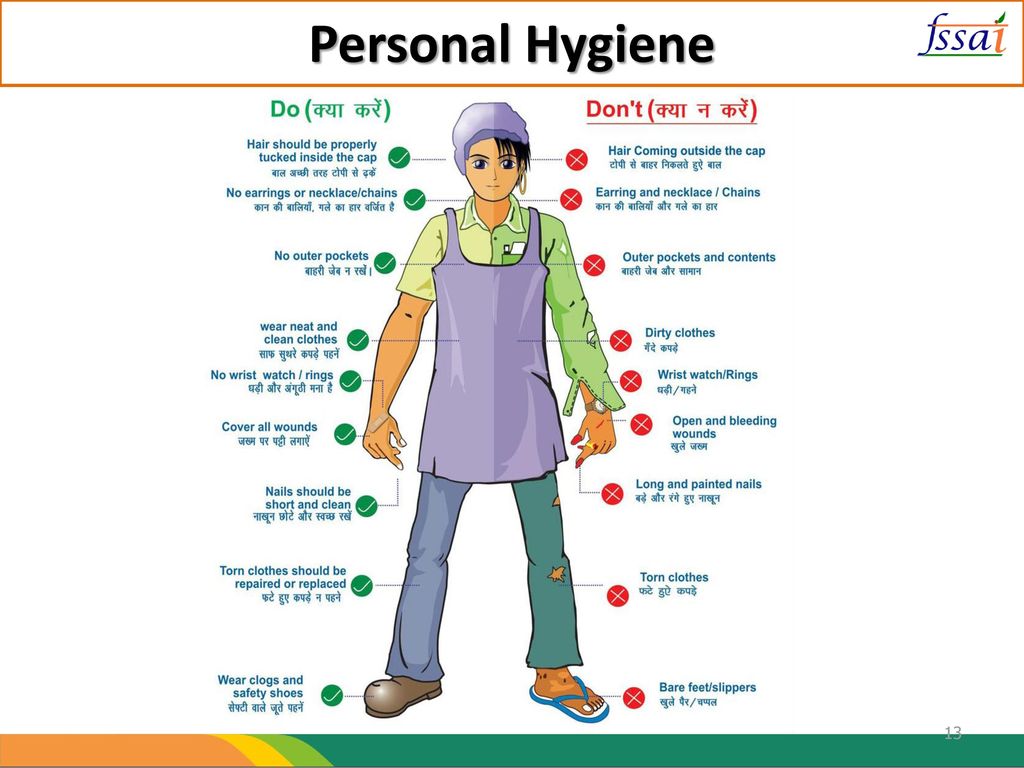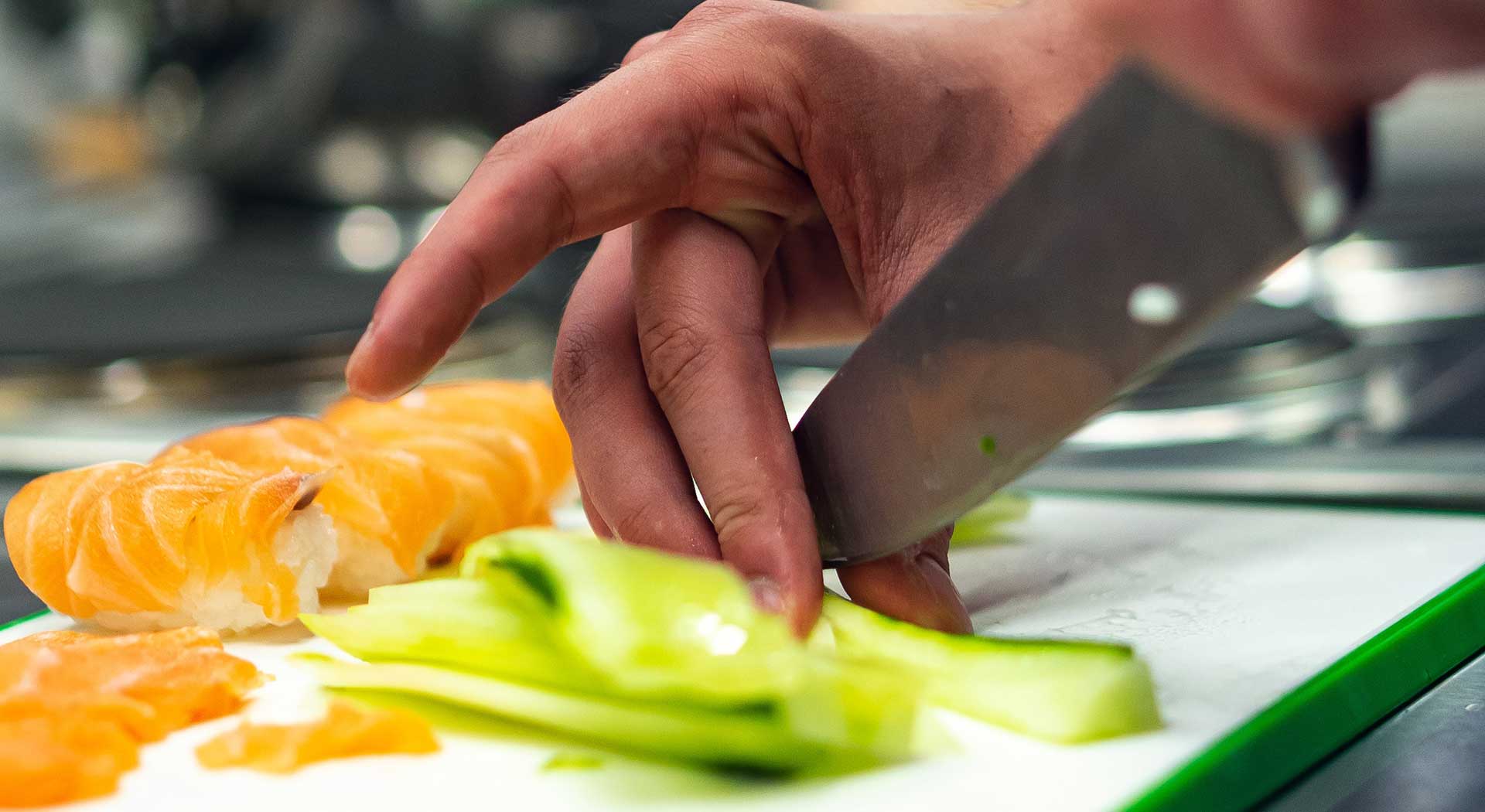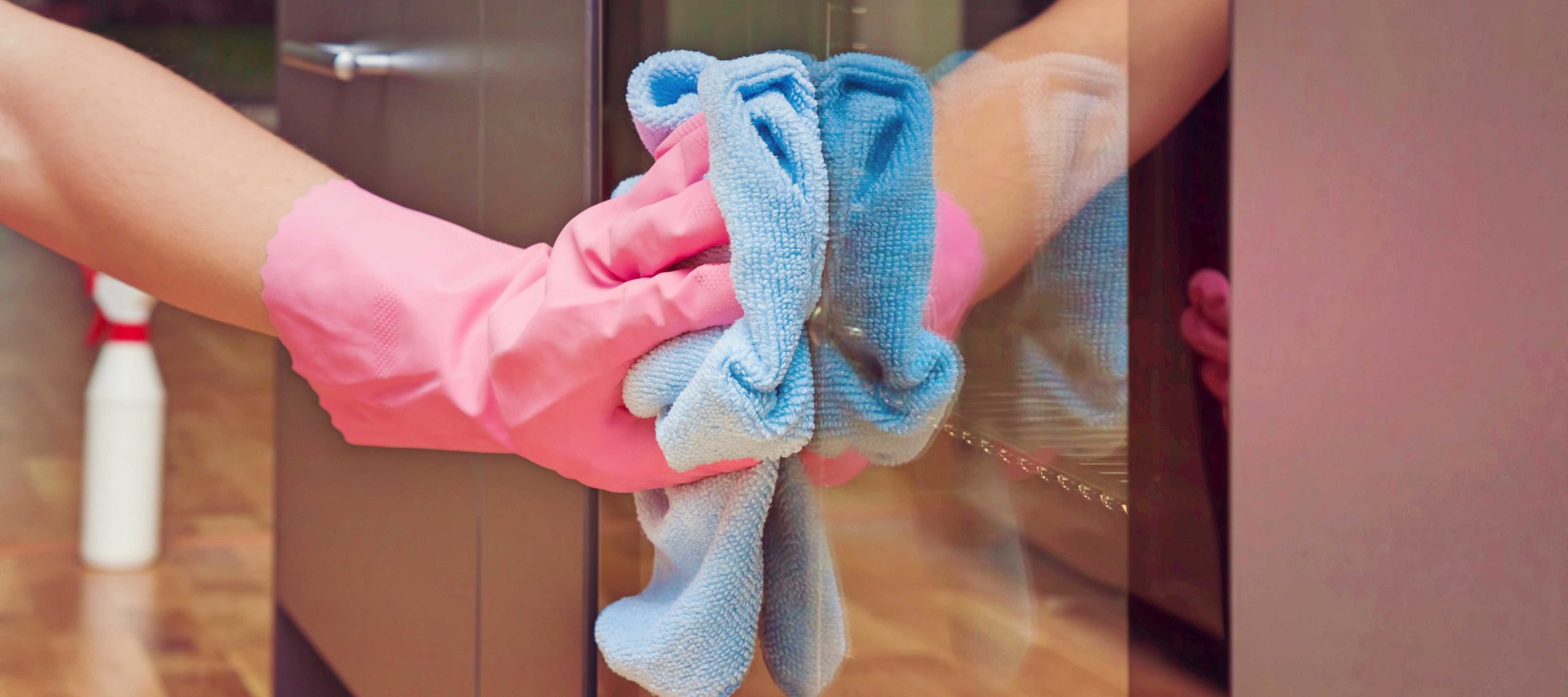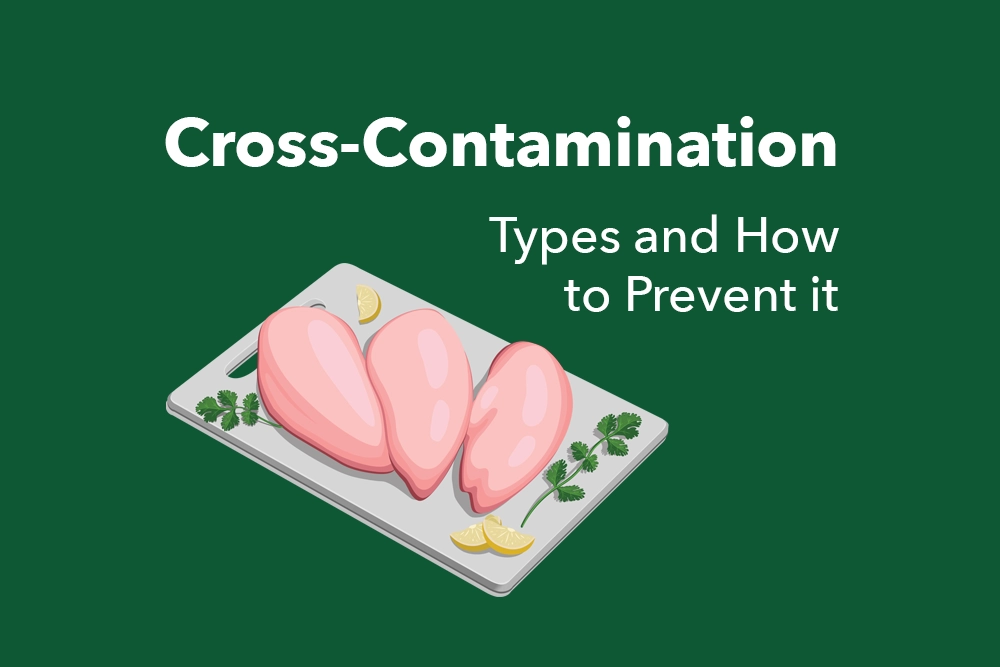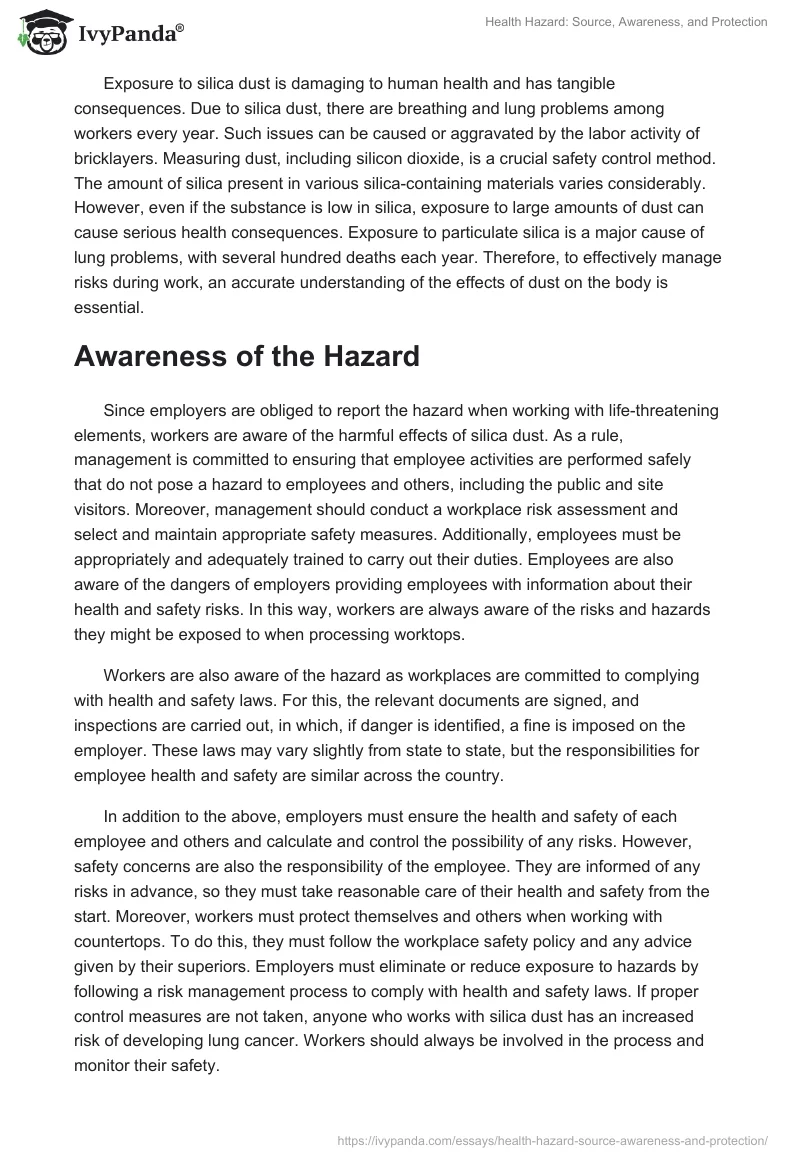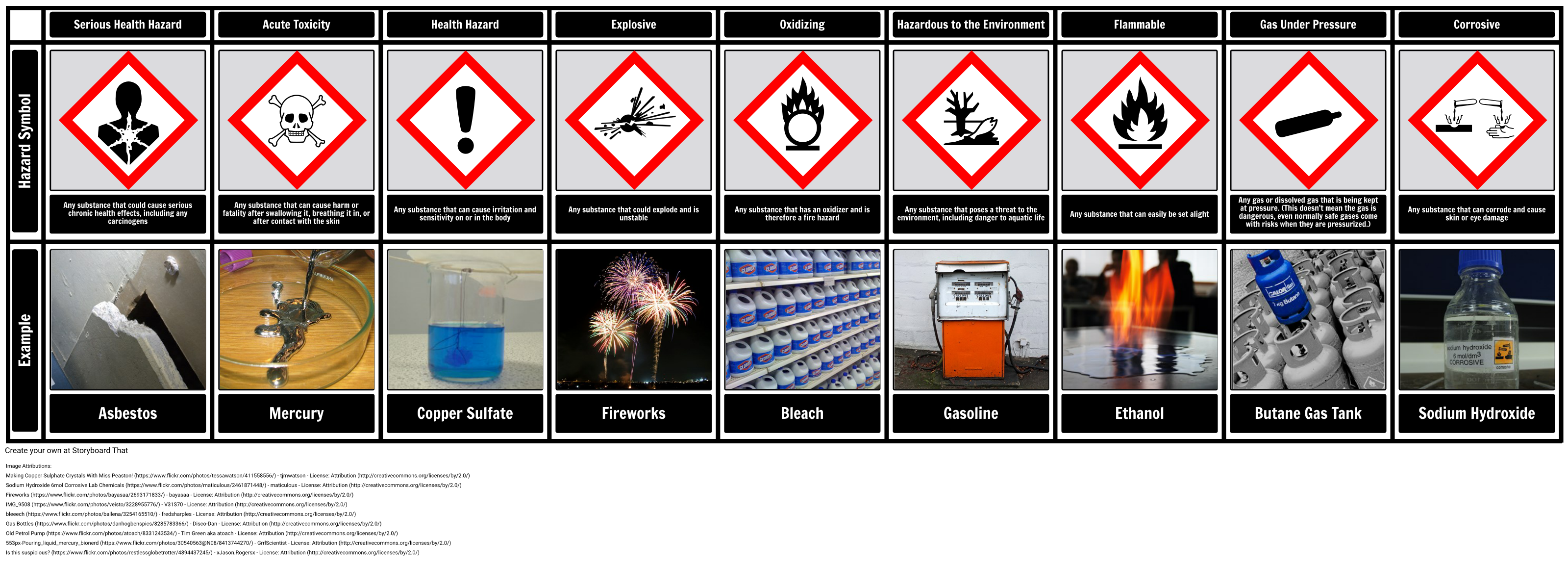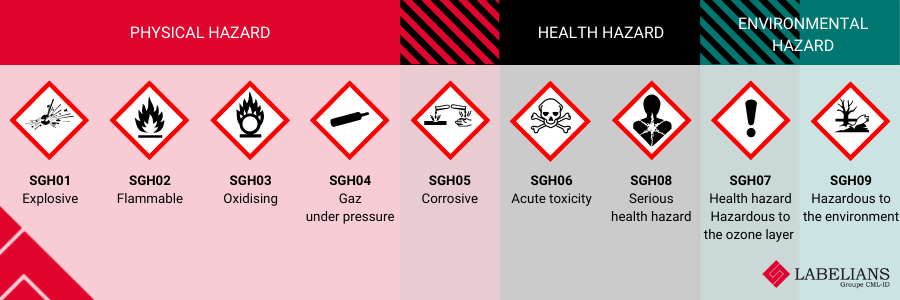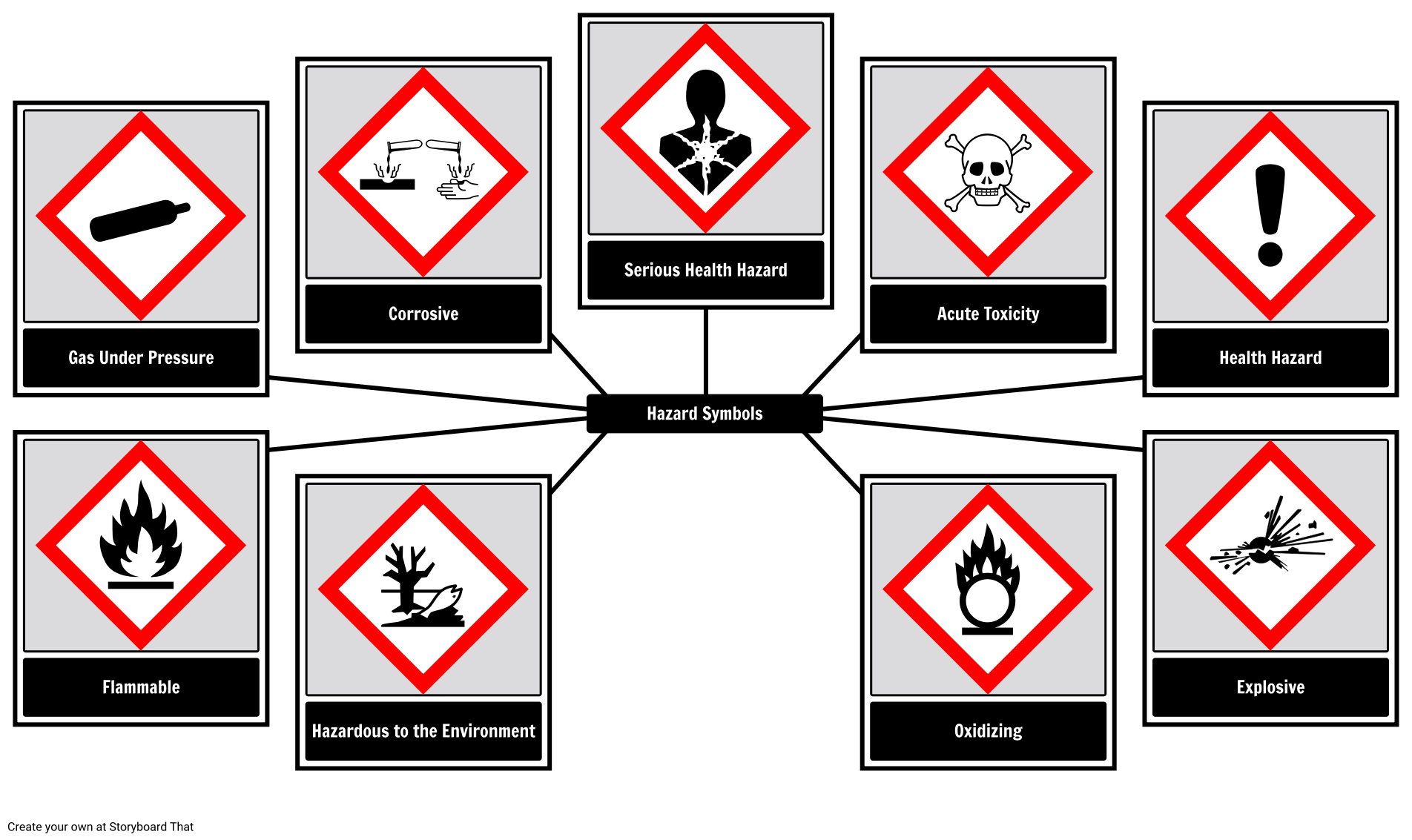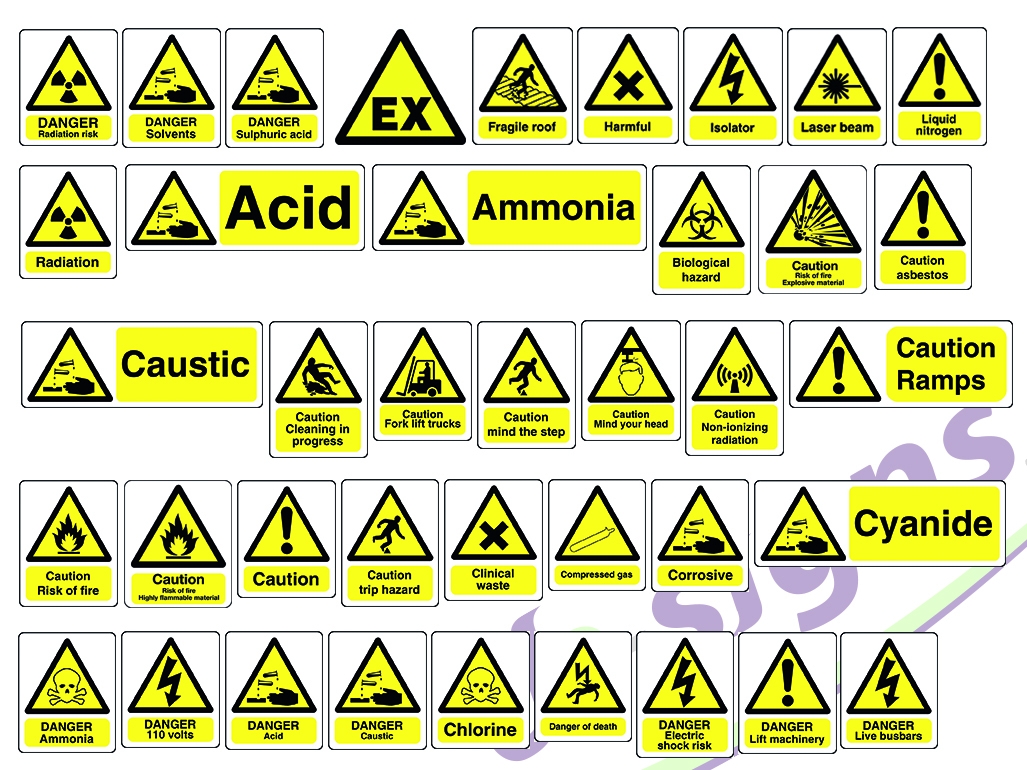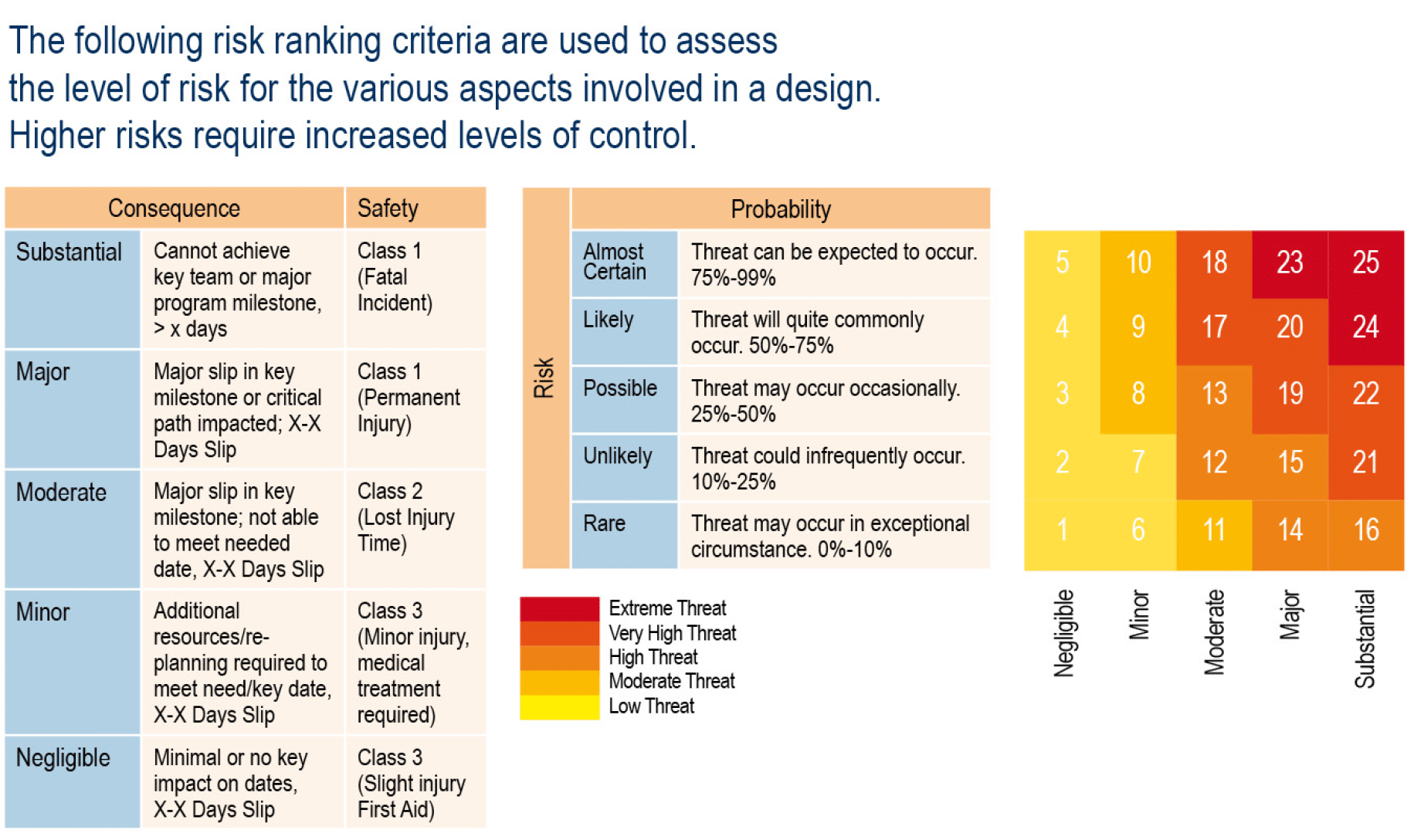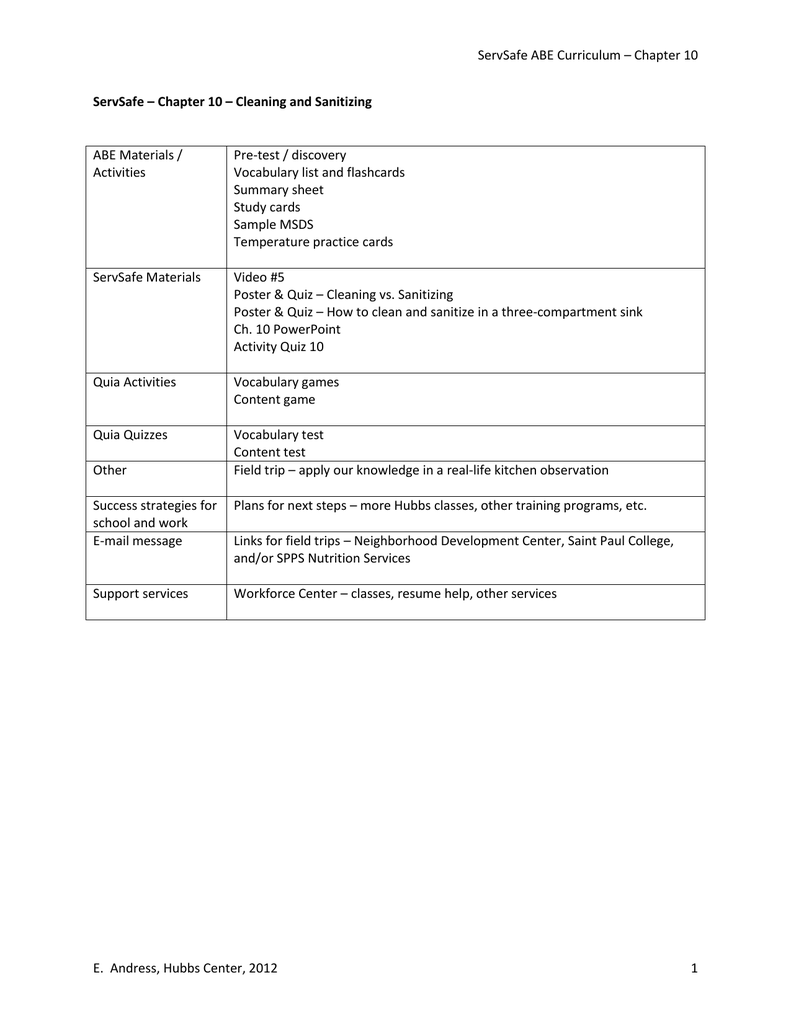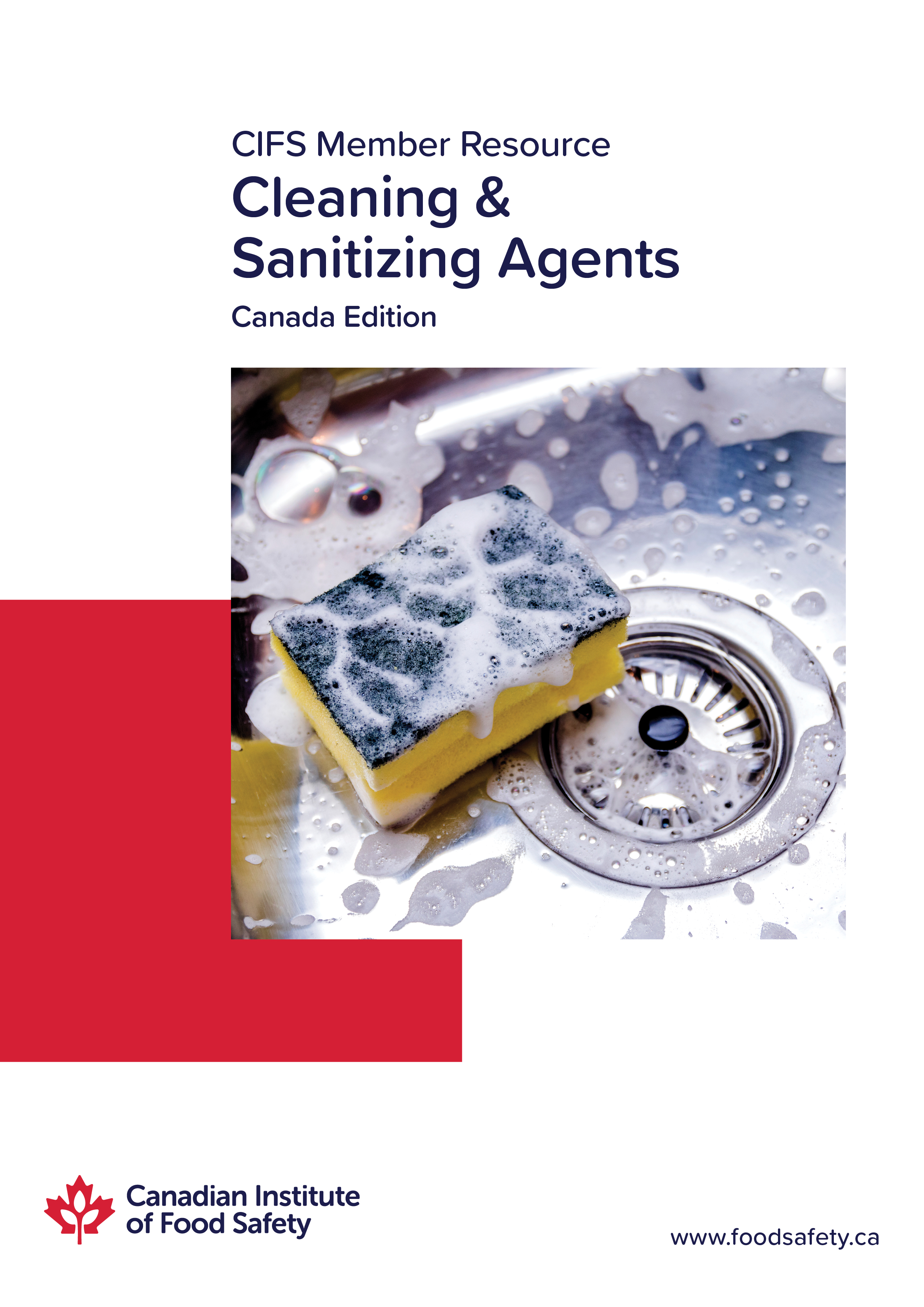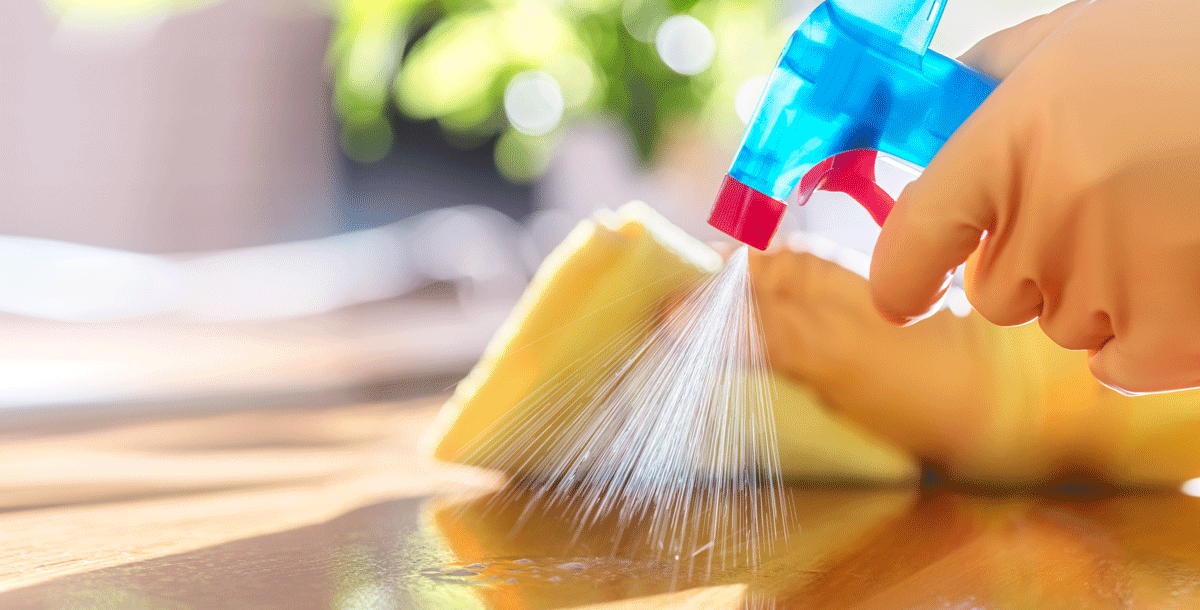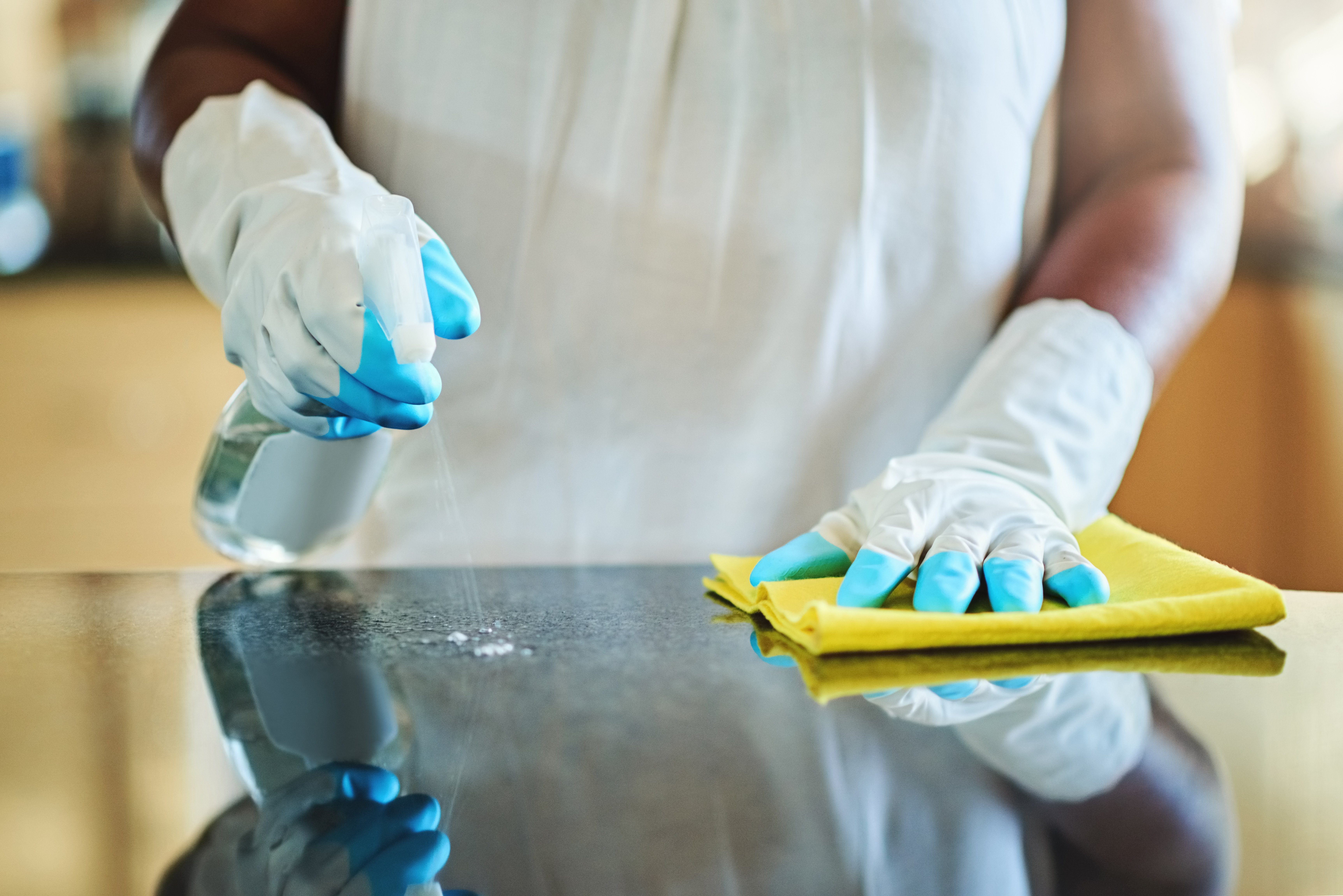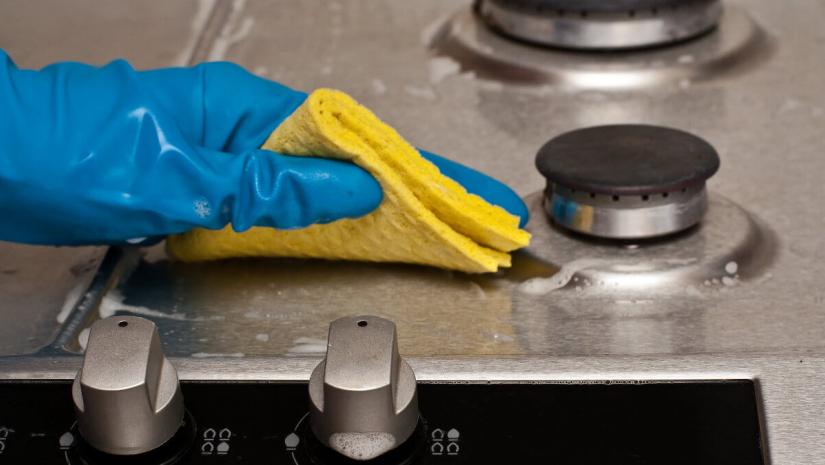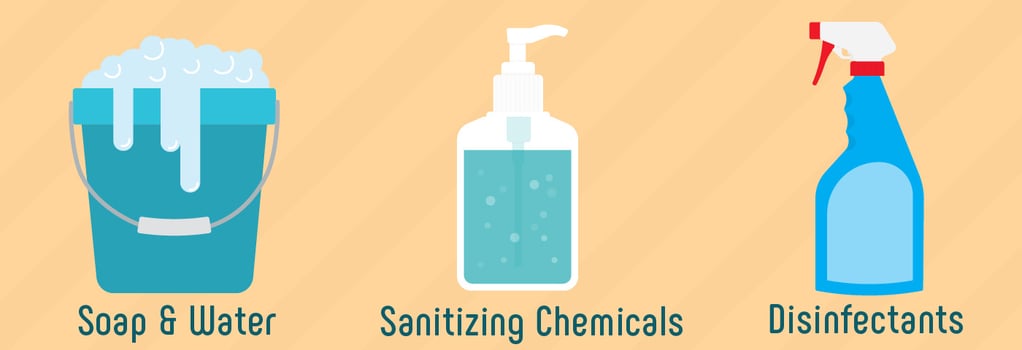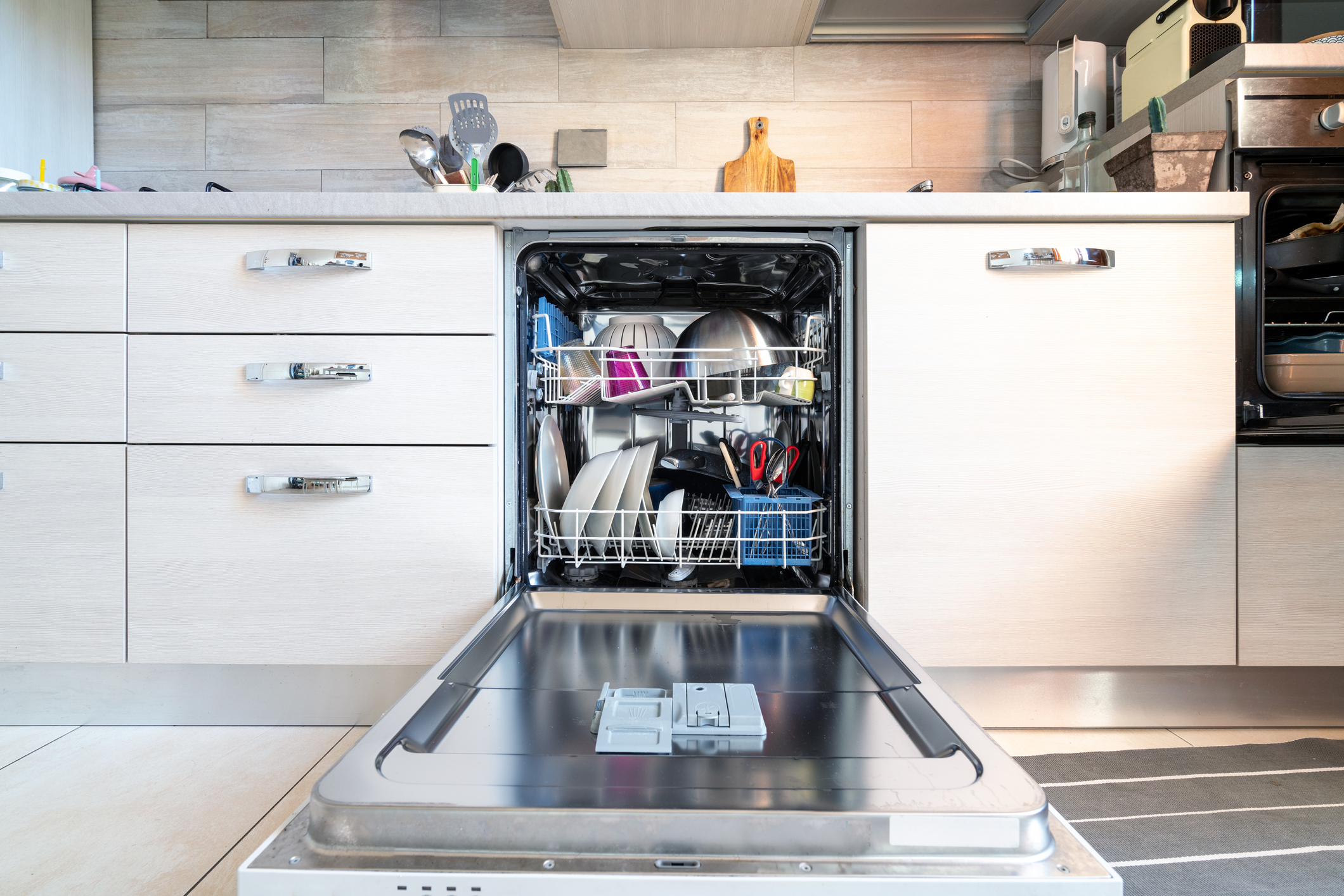When it comes to cleanliness in the kitchen, most people focus on wiping down countertops, washing dishes, and keeping the floors clean. However, one area of the kitchen that often goes overlooked is the humble kitchen sink. But did you know that your kitchen sink may be harboring harmful bacteria?
It's no surprise that the kitchen sink is a prime spot for bacteria to thrive. After all, it's where we wash our hands, rinse off food, and clean dirty dishes. But did you know that the average kitchen sink contains more germs than a toilet seat? This is because the warm, moist environment of the sink provides the perfect breeding ground for bacteria to multiply and spread.
Now, you may be wondering, is it really that bad to spit in the kitchen sink? After all, it's just water and saliva, right? While it may seem harmless, spitting in the kitchen sink can actually introduce harmful bacteria and germs into the area, putting your health at risk.
Saliva contains a plethora of bacteria, including those that can cause illnesses such as strep throat, the common cold, and even tuberculosis. When you spit in the kitchen sink, these bacteria can cling to the surfaces and spread to other areas, increasing the risk of cross-contamination.
Cross-contamination occurs when harmful bacteria from one surface or object is transferred to another. In the kitchen, this can happen when saliva or other bodily fluids are introduced into the sink, and then spread to other areas through contact with food, dishes, or hands. This can lead to foodborne illnesses and other health hazards.
To ensure food safety and prevent the spread of germs, it's crucial to maintain a clean and sanitary kitchen sink. This means regularly cleaning and disinfecting the sink, as well as avoiding activities like spitting in the sink.
Along with keeping the sink clean, it's also essential to practice good personal hygiene in the kitchen. This includes washing your hands before and after handling food, using separate cutting boards for raw meats and other foods, and avoiding activities like spitting, sneezing, or coughing near food or the sink.
To effectively clean and sanitize your kitchen sink, start by removing any debris or food particles. Then, use a mixture of hot water and dish soap to scrub the sink, including the drain and faucet. After rinsing, wipe down the sink with a disinfectant cleaner and let it sit for a few minutes before rinsing again. Finally, use a clean cloth to dry the sink thoroughly.
By following proper hygiene practices and keeping your kitchen sink clean and sanitized, you can help prevent the spread of harmful bacteria and protect yourself and your family from potential health hazards. It may seem like a small step, but it can make a big difference in maintaining a healthy kitchen environment.
While it may seem like a harmless habit, spitting in the kitchen sink can have serious consequences for your health. By understanding the dangers of bacteria and cross-contamination, and taking proactive steps to keep your sink clean and sanitized, you can help create a safer and healthier kitchen for you and your family.
The Importance of Proper Hygiene in the Kitchen

Why Spit in the Kitchen Sink is a Cause for Concern
 When it comes to maintaining a clean and sanitary kitchen, every little detail matters. From wiping down countertops to washing dishes, every action contributes to the overall cleanliness and safety of the space. That's why the topic of spitting in the kitchen sink is one that should not be taken lightly.
Spitting is a natural bodily function that most people do without thinking twice.
However, when done in the kitchen sink, it can pose a potential health risk. The kitchen sink is where we wash and prepare our food, making it a breeding ground for bacteria and germs.
Saliva contains microorganisms that can easily transfer onto the surfaces of the sink and potentially contaminate our food.
This is especially concerning if we are preparing raw meats or fruits and vegetables that will not be cooked before consumption.
When it comes to maintaining a clean and sanitary kitchen, every little detail matters. From wiping down countertops to washing dishes, every action contributes to the overall cleanliness and safety of the space. That's why the topic of spitting in the kitchen sink is one that should not be taken lightly.
Spitting is a natural bodily function that most people do without thinking twice.
However, when done in the kitchen sink, it can pose a potential health risk. The kitchen sink is where we wash and prepare our food, making it a breeding ground for bacteria and germs.
Saliva contains microorganisms that can easily transfer onto the surfaces of the sink and potentially contaminate our food.
This is especially concerning if we are preparing raw meats or fruits and vegetables that will not be cooked before consumption.
The Dangers of Cross-Contamination
 Cross-contamination is a major concern in any kitchen, and spitting in the sink only adds to this risk.
When we spit in the sink, our saliva can mix with any food particles or residue left behind from dishes and utensils.
This creates the perfect environment for bacteria to thrive and spread onto our food. If the contaminated food is not cooked properly, it can lead to food poisoning and other illnesses.
Cross-contamination is a major concern in any kitchen, and spitting in the sink only adds to this risk.
When we spit in the sink, our saliva can mix with any food particles or residue left behind from dishes and utensils.
This creates the perfect environment for bacteria to thrive and spread onto our food. If the contaminated food is not cooked properly, it can lead to food poisoning and other illnesses.
How to Maintain Proper Hygiene in the Kitchen
 To ensure a clean and safe kitchen environment, it's essential to practice proper hygiene habits. This includes refraining from spitting in the kitchen sink. Instead,
dispose of any saliva in a tissue or paper towel and dispose of it in the trash.
It's also crucial to regularly clean and disinfect the sink to prevent the buildup of bacteria and germs.
Using hot water and soap is an effective way to eliminate any potential contaminants.
In addition to proper cleaning, it's also essential to
wash your hands before and after handling food, especially raw meats.
This will prevent the spread of any bacteria from your hands onto the surfaces of the kitchen sink and food.
To ensure a clean and safe kitchen environment, it's essential to practice proper hygiene habits. This includes refraining from spitting in the kitchen sink. Instead,
dispose of any saliva in a tissue or paper towel and dispose of it in the trash.
It's also crucial to regularly clean and disinfect the sink to prevent the buildup of bacteria and germs.
Using hot water and soap is an effective way to eliminate any potential contaminants.
In addition to proper cleaning, it's also essential to
wash your hands before and after handling food, especially raw meats.
This will prevent the spread of any bacteria from your hands onto the surfaces of the kitchen sink and food.
Conclusion
 In conclusion, while spitting in the kitchen sink may seem harmless, it can have significant consequences for our health and the cleanliness of our kitchen. By being mindful of our actions and practicing proper hygiene habits, we can ensure a safe and sanitary environment for ourselves and our loved ones. Remember, every little detail counts when it comes to maintaining a clean and healthy kitchen.
In conclusion, while spitting in the kitchen sink may seem harmless, it can have significant consequences for our health and the cleanliness of our kitchen. By being mindful of our actions and practicing proper hygiene habits, we can ensure a safe and sanitary environment for ourselves and our loved ones. Remember, every little detail counts when it comes to maintaining a clean and healthy kitchen.

